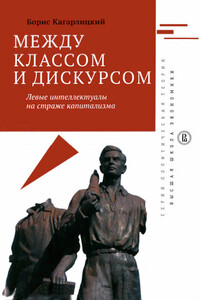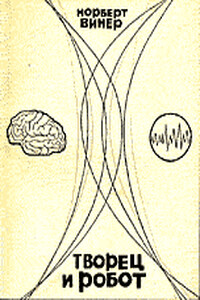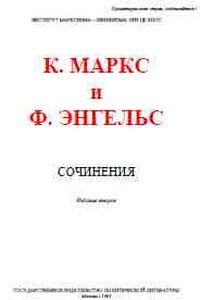(2000). Science in Public: Communication, Culture and Credibility. London: Perseus.
Haack S. (1978). Philosophies of Logics. Cambridge, UK: Cambridge University Press.
Habermas J. (1971). Knowledge and Human Interests. Boston: Beacon Press.
Halevy E. (1928). The Growth of Philosophic Radicalism. London: Faber and Faber.
Hamblin C.L. (1970). Fallacies. London: Methuen.
Hammond K., Stewart T. (eds) (2001). The Essential Brunswik. Oxford: Oxford University Press.
Hayek F. (1945). The Use of Knowledge in Society // American Economic Review. No. 35. P. 519–530.
Heims S.J. (1991). Constructing a Social Science for Postwar America. Cambridge, MA: MIT Press.
Henderson M. (2012). The Geek Manifesto. London: Bantam.
Herf J. (1984). Reactionary Modernism. Cambridge, UK: Cambridge University Press.
Herman E., Chomsky N. (1988). Manufacturing Consent: The Political Economy of the Mass Media. New York: Random House.
Hershberg J. (1993). James B. Conant: Harvard to Hiroshima and the Making of the Nuclear Age. Palo Alto, CA: Stanford University Press.
Horgan J. (1996). The End of Science. Reading, MA: Addison-Wesley.
Hughes R. (1993). The Culture of Complaint. Oxford: Oxford University Press.
Humphreys P. (2004). Extending Ourselves: Computational Science, Empiricism and the Scientific Method. Oxford: Oxford University Press.
Huxley T.H. (1893). Evolution and Ethics // Romanes Lecture. Oxford (18 May). .
Isaac J. (2011). Working Knowledge: Making the Human Sciences from Parsons to Kuhn. Cambridge, MA: Harvard University Press.
Jackson B. (2009). At the Origins of Neo-Liberalism: The Free Economy and the Strong State, 1930– 47 // Historical Journal. No. 53. P. 129–151.
Jansen S.C. (2013). Semantic Tyranny: How Edward L. Bernays Stole Walter Lippmann’s Mojo and Got Away with It and Why It Still Matters // International Journal of Communication. No. 7. P. 1094–1111.
Jasanoff S. (1990). The Fifth Branch: Science Advisors as Policy Makers. Cambridge, MA: Harvard University Press.
Jaszi P. (1994). On the Author Effect: Contemporary Copyright and Collective Creativity // The Construction of Authorship: Textual Appropriation in Law and Literature / ed. by M. Woodmansee, P. Jaszi. Durham, NC: Duke University Press. P. 29–56.
Jeffries S. (2011). Brian Cox: “Physics Is Better than Rock’n’Roll” // The Guardian. London, 24 March.
Joas H. (2000). The Genesis of Values. Chicago: University of Chicago Press.
Johnson A. (2017). Why Brexit Is Best for Britain: The Left-Wing Case // New York Times. 28 March. .
Johnson C. (2012). The Information Diet: The Case for Conscious Consumption. Sebastopol, CA: O’Reilly Media.
Johnson P. (1997). Defeating Darwinism by Opening Minds. Downers Grove, IL: Varsity Press.
Kahn H. (1960). On Thermonuclear War. Princeton: Princeton University Press.
Kahn H. (1962). Thinking about the Unthinkable. New York: Horizon Press.
Kaldor M. (1982). The Baroque Arsenal. London: Deutsch.
Kane P. (2016). Leading Brexiteers Are Pining for All of Us to Embrace a Life Built on Havoc // The National. Glasgow, 18 June. .
Kass L. (1997). The Wisdom of Repugnance // New Republic. 2 June.
Kauffman S. (2008). Reinventing the Sacred: A New View of Science, Reason and Religion. New York: Basic Books.
Kay L. (1993). The Molecular Vision of Life: Caltech, the Rockefeller Foundation and the Rise of the New Biology. Oxford: Oxford University Press.
Kevles D. (1992). Foundations, Universities and Trends in Support for the Physical and Biological Sciences, 1900–1992 // Daedalus. No. 121(4). P. 195–235.
Khanna P. (2017). To Beat Populism, Blend Democracy and Technocracy, Singapore Style // Straits Times. 21 January. .
Kirby D







